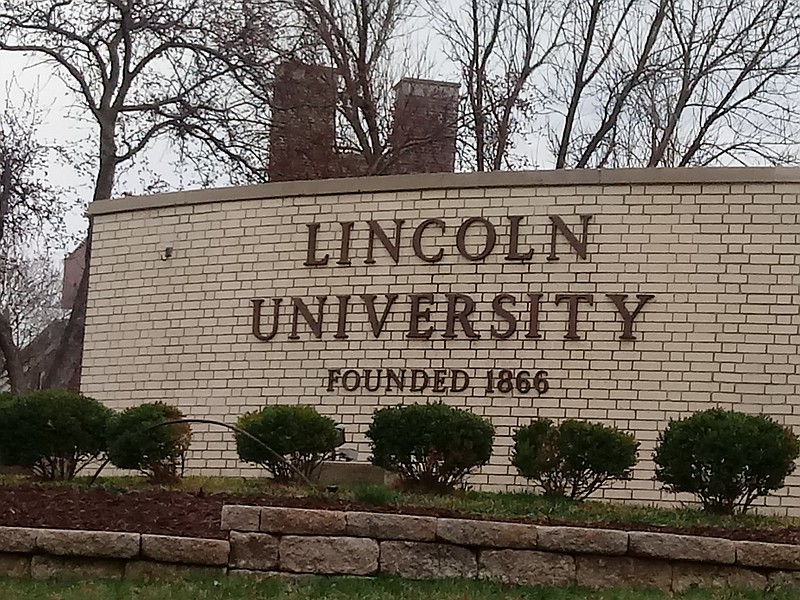Lincoln University is one of the schools that will benefit from President Donald Trump's signature Thursday on a bipartisan-passed bill that secures funding for historically black colleges and universities and aims to make the federal application for financial aid simpler for families.
Trump on Thursday signed the "Fostering Undergraduate Talent by Unlocking Resources for Education Act," or the FUTURE Act, "which makes permanent $255 million in mandatory funding for historically black colleges and universities and other minority-serving institutions," according to an announcement from the White House of the bill.
The $255 million includes $85 million a year for HBCUs, $100 million for Hispanic-serving institutions, $30 million for tribal schools and $40 million for other minority-serving schools, according to the Associated Press.
The bill had expired at the end of September, leaving affected schools preparing for the possibility of making cuts to their budgets, according to the Associated Press.
Carlos Graham, LU's chief of staff, said the money Lincoln gets through the FUTURE Act is Title III federal education funding.
Tiffany Nolan, LU's director of grants and sponsored research, said Lincoln each year receives just more than $900,000 in Title III SAFRA funding that's covered within the FUTURE Act.
SAFRA stands for Student Aid and Fiscal Responsibility Act.
If that $900,000 - used for tutoring and advising of students - had not come through, Nolan said conversations were beginning at LU about "how can we continue to support our students?" or in other words, how resources could be allocated to continue the services and programs if the funding did not come through.
More specifically, she said, the $900,000 supports academic support and student success services, the honors program, the study abroad program, the promotion of student success in the nursing program and the development of the graduate program and students in the graduate program.
She said it was a sign of relief to know the bill had been passed, and Graham thanked Trump for signing the act.
Trump said in a statement from the White House, "This action guarantees more than $2.5 billion over the next 10 years, including $850 million specifically for HBCUs."
The funding had expired in September because of a dispute between Sen. Lamar Alexander, R-Tennessee, and Democrats over updating the federal Higher Education Act, according to the Associated Press.
The FUTURE Act bill was sponsored in the House by a Democratic representative from North Carolina and co-sponsored by three Democrats from California, New York and Texas.
The bill passed 319-96 in the House on Dec. 10 - with 226 Democrats and 93 Republicans voting for the bill and 95 Republicans and one independent voting against.
Republican Rep. Blaine Luetkemeyer - who represents Missouri's 3rd Congressional District, which includes Jefferson City and parts or all of Callaway, Cole, Miller and Osage counties - voted in favor of the bill.
The bill passed later that day in the Senate by voice vote, meaning the audible result was determined by the presiding officer's judgment, and no names or numbers of senators voting either way were recorded.
The bill also simplifies the Free Application for Federal Student Aid, or FAFSA - which nearly 20 million students and families complete each year, according to U.S. Secretary of Education Betsy DeVos on Thursday in a news release.
The reform removed 22 questions from the FAFSA form and reduced "burdensome verification paperwork," DeVos said, adding the changes mean "applying for and receiving student aid will now be easier, faster and more secure than ever. Importantly, this law ensures students will not have to provide the government the same information twice, which also protects taxpayers from improper payments."
The FAFSA reform was the compromise that pushed the bill forward, according to the Associated Press.
The bill also increases funding in the Higher Education Act for federal Pell Grants by $50 million.

